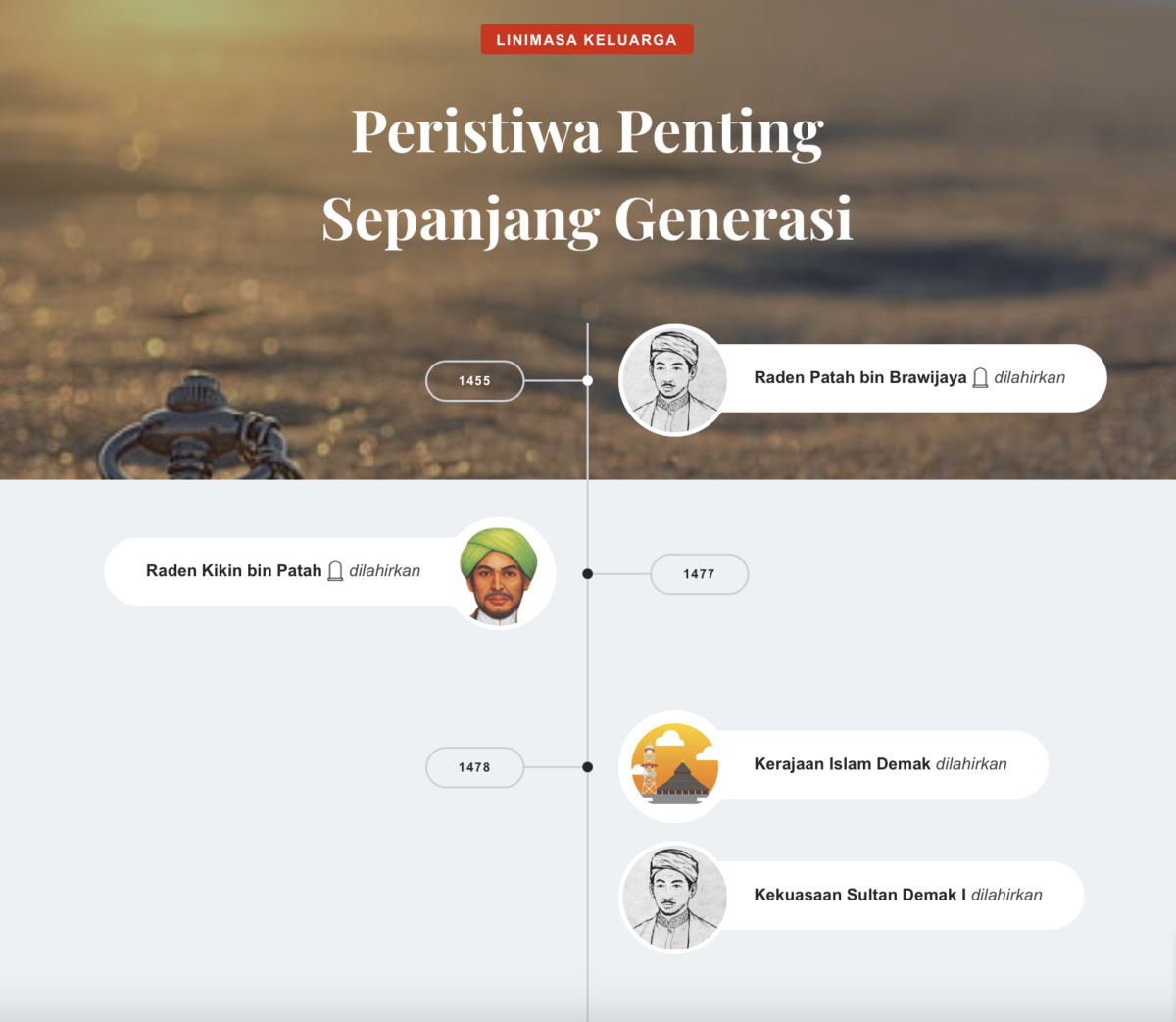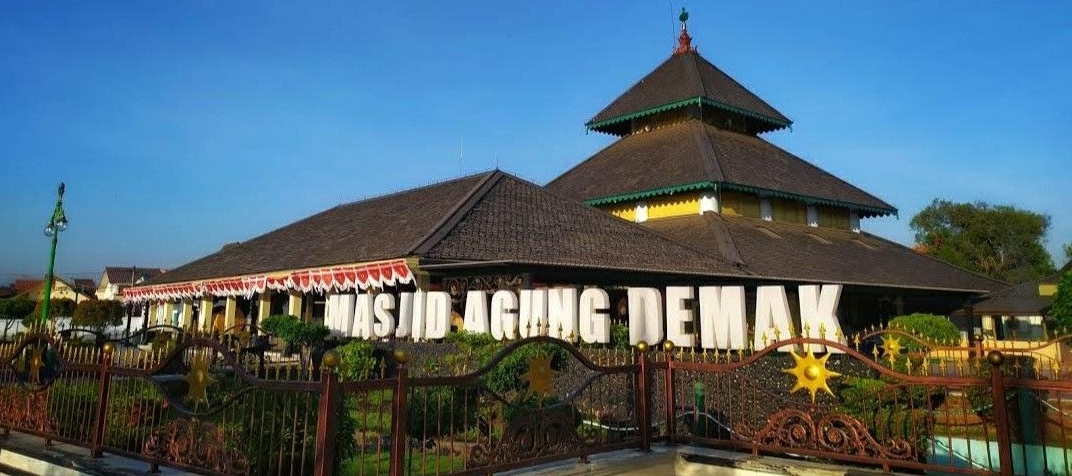The Demak Kingdom or Demak Sultanate played an important role in the development of Islam in Java. The following is the life story of the First King of the Demak Kingdom, Raden Patah, the founder of the Great Mosque of Demak which is also where he is buried.
Quoted from F. Taufiq El Jaquene in his book “Demak Bintoro, the First Islamic Kingdom in Java from Glory to Collapse”, here are some facts about Raden Patah. Complete from his origins to his descendants.
Born from a Chinese concubine of the Last King of Majapahit
There are several versions regarding the origin of Raden Patah. According to sources from Babad Tanah Jawi, Raden Patah was the son of Bhre Kertabhumi or Brawijaya V who was believed to be the Last King of Majapahit. Raden Patah’s mother was a concubine who was a Chinese concubine, the daughter of Kiai Batong or Tan Go Hwat.
According to Purwaka Caruban Nagari, the concubine’s real name was Siu Ban Ci. His mother, who was also Raden Patah’s grandmother, was named Siu Te Yo. His father, Tan Go Hwat, was a merchant and cleric with the title Syaikh Bantong or Kiai Batong. Siu Ban Ci was also known as Tang Eng Kian or Dewi Kian.
Empress’ Jealousy Leads to Concubine Being ‘Removed’
Starting from the jealousy of his consort, Queen Dwarawati, Brawijaya was forced to hand over his pregnant concubine Raden Patah to a duke in Palembang named Arya Damar. After Raden Patah was born, Siu Ban Ci was married to Arya Damar.
Based on the Chinese Chronicle from the Sam Po Kong Temple, Raden Patah was the son of Kung Ta Bu Mi or Bhre Kertabumi or Brawijaya V, King of Majapahit from a Chinese concubine. Raden Patah was born in 1455 AD. His young figure had the nickname Jin Bun.
This version mentions that the Chinese concubine, Raden Patah’s mother, was given to a half-Chinese man named Swan Liong in Palembang. Swan Liong was the son of Yang Wi Si Sa alias Hyang Purwawisesa or Brawijaya III from a Chinese concubine. From the second marriage, the concubine gave birth to a son named Kin San or Raden Kusen.
F. Taufik mentioned the common thread of these two versions, namely that Raden Patah was born when Bhre Kertabhumi had not yet become king.
Returning to the source of the Babad Tanah Jawi, Raden Patah then replaced Arya Damar as Duke of Palembang. However, Raden Patah, accompanied by his younger brother, Raden Kusen, fled to Java. Both studied with Sunan Ampel in Surabaya until finally Raden Patah moved to open the Glagahwangi forest in Central Java to establish an Islamic boarding school, while Raden Kusen served Majapahit. From there, it became the forerunner of the establishment of the Demak region and Kingdom.
As the Raden Patah Islamic Boarding School in Glagahwangi developed, Brawijaya in Majapahit was worried that Raden Patah would rebel. Raden Kusen, who was then the Duke of Terung, was ordered to summon Raden Patah. In the meeting, Brawijaya was impressed by Raden Patah’s authority until he finally admitted that he was his own son.
Raden Patah was then appointed as regent. Meanwhile, the Islamic boarding school in Glagahwangi was renamed Demak with the capital named Bintara.
Chinese Chronicle Version of Raden Patah’s Move from Surabaya
Raden Patah or Jin Bun moved from Surabaya to Demak in 1457 AD. Jib Bun then conquered Semarang in 1477 AD. Semarang then became a subordinate of Demak.
The conquest above made Bhre Kertabhumi in Majapahit restless. However, finally Bhre Kertabhumi was willing to acknowledge Raden Patah as his son at the persuasion of Sunan Ampel. Raden Patah then officially became regent in Bing Tolo (Bontoro).
Kusasi Tree Roots
The Kusasi Tree Roots start with Raden Patah as the 1st Generation, then sequentially up to Amin Kusasi as the 16th Generation, namely as follows:
Raden Patah – Raden Kikin – Raden Arya Mataram – Kyai Rengaswetan – Kyai Wironolo – Kyai Rengas Bukung – Kyai Wironolo Anom – Kyai Wirohito – Kyai Dipowijoyo – Kyai Seconegoro – Kyai Dipowijoyo – Kyai Kertowijoyo – Mas Kertowikromo – Mas Kartowikromo – Mas Abdullah Kertodisastro – Mas Amin Kusasi


